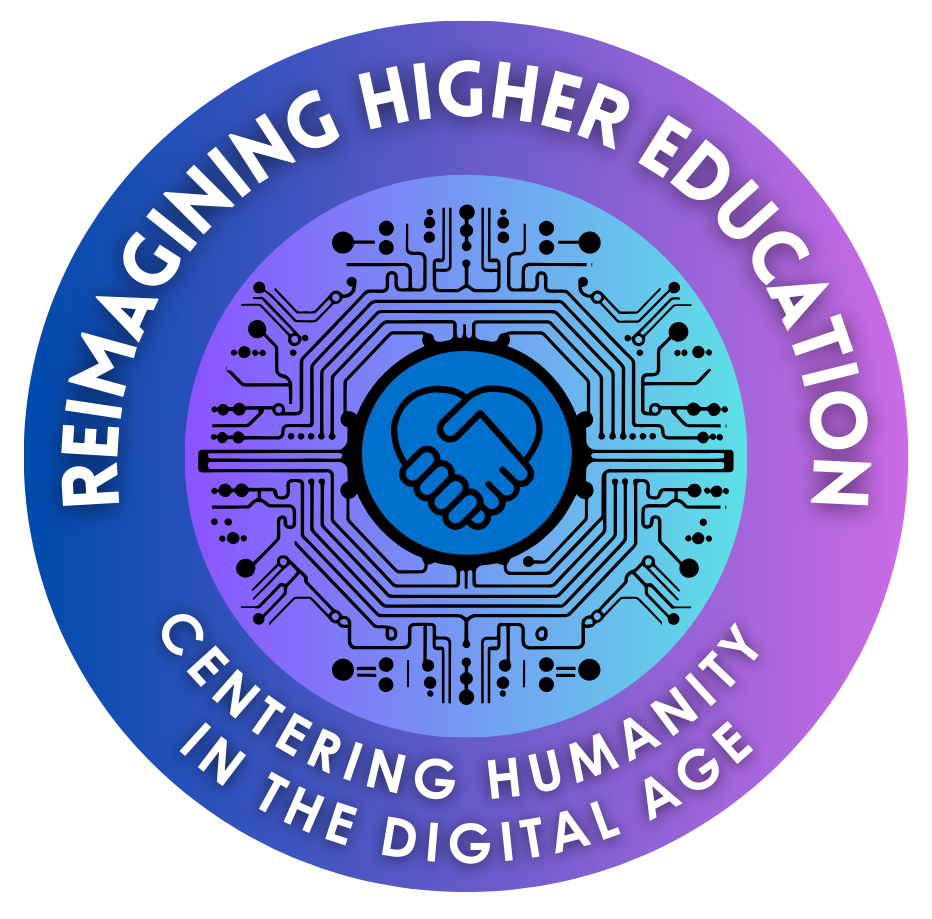Interprofessional Education: A Case Study of Collaborative Teaching Between Physician Assistant Students and Law Students
Start Date
2-11-2023 3:00 PM
End Date
2-11-2023 3:45 PM
Keywords
2023, destination excellence, day 2, focus on graduate/professional, all educators, creating learner-centered environments, faculty development
Abstract
Physician Assistant (PA) education primarily focuses on clinical education during a student’s didactic and clinical years to best prepare them work as a certified PA. To enhance the PA student’s clinical education, the NSU PA Program has developed interprofessional teaching sessions with various healthcare professionals, such as Optometrists, Geneticists and Physical Therapists during didactic year. However, working as a PA in healthcare is not limited to clinical knowledge. A PA is also exposed to ethical and legal challenges in their practice. PA students need to be familiar with these ethical-legal challenges and receive appropriate training while in school. Recognizing the value of and power of learning from and with each other and focusing on positive feedback from both peers and faculty across disciplines, we aimed to create a relationship between the NSU PA and Law programs. Through this collaboration, law students and PA students are exposed to the practical application of law and ethics in various medical scenarios. The students grow in their expertise in the substantive area and continue to strengthen their professional identity as they collaborate with each other. These teaching sessions allow for more robust understanding of the material for both groups of students in a student-centered environment with the objective to enhance student engagement, learning, and confidence in their knowledge on legal and ethical matters in healthcare.
Learning Outcomes:
Participants will be able to:
- Describe the design and purpose of an interprofessional education experience between Physician Assistant students and Law students within a Legal and Ethics in Healthcare course.
- Assess the use of small group and problem-based learning sessions when combining students from different colleges to facilitate learning about different perspectives within the Legal and Ethical challenges existing in healthcare.
- Understand the various benefits and challenges of creating a collaborative IPE teaching session across colleges.
- Apply techniques explained in the session to their own curriculum to create student-centered teaching sessions with different programs.
Interprofessional Education: A Case Study of Collaborative Teaching Between Physician Assistant Students and Law Students
Physician Assistant (PA) education primarily focuses on clinical education during a student’s didactic and clinical years to best prepare them work as a certified PA. To enhance the PA student’s clinical education, the NSU PA Program has developed interprofessional teaching sessions with various healthcare professionals, such as Optometrists, Geneticists and Physical Therapists during didactic year. However, working as a PA in healthcare is not limited to clinical knowledge. A PA is also exposed to ethical and legal challenges in their practice. PA students need to be familiar with these ethical-legal challenges and receive appropriate training while in school. Recognizing the value of and power of learning from and with each other and focusing on positive feedback from both peers and faculty across disciplines, we aimed to create a relationship between the NSU PA and Law programs. Through this collaboration, law students and PA students are exposed to the practical application of law and ethics in various medical scenarios. The students grow in their expertise in the substantive area and continue to strengthen their professional identity as they collaborate with each other. These teaching sessions allow for more robust understanding of the material for both groups of students in a student-centered environment with the objective to enhance student engagement, learning, and confidence in their knowledge on legal and ethical matters in healthcare.
Learning Outcomes:
Participants will be able to:
- Describe the design and purpose of an interprofessional education experience between Physician Assistant students and Law students within a Legal and Ethics in Healthcare course.
- Assess the use of small group and problem-based learning sessions when combining students from different colleges to facilitate learning about different perspectives within the Legal and Ethical challenges existing in healthcare.
- Understand the various benefits and challenges of creating a collaborative IPE teaching session across colleges.
- Apply techniques explained in the session to their own curriculum to create student-centered teaching sessions with different programs.


